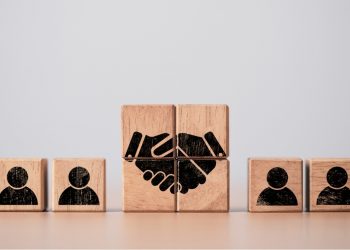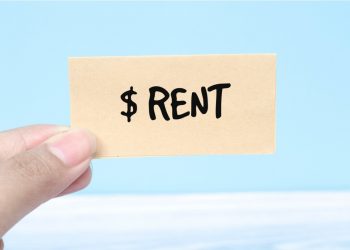(TNS)–In this job, I regularly receive email and telephone calls that qualify as balderdash.
This I define as questionable information, typically involving online surveys from groups I have never heard of, sent in the hope that I will publish them as “click bait” without checking further than the end of my fingertips.
But one survey in particular, from the NHP Foundation, was not balderdash by any measure. The foundation is a nonprofit organization dedicated to making investments that preserve and create affordable multifamily housing for low- to moderate-income families and seniors.
The foundation’s survey found that 75 percent of 1,000 Americans questioned were afraid of losing their homes; that 40 percent feared job loss would result in such a loss; and that 65 percent were “cost-burdened,” meaning they spend more than 30 percent of their income on housing.
Worries that rents would be raised or retirement would bring deep income cuts also persisted.
Affordable housing is housing for which occupants pay no more than 30 percent of their income. Those who spend more on rent or mortgages are considered cost-burdened.
Why aren’t these survey figures hard to believe?
Perhaps because a record number of Americans — I believe nearly 8 million between 2006 and 2013 — lost their homes to foreclosure.
Many were victims of a now-discredited finance system that gave unqualified borrowers who didn’t have a prayer of ever repaying any amount they wanted — if only they could exhale after inhaling.
But many, many more were victims of the financial collapse brought on by this mortgage madness, including those who lost their jobs in downsizing, or whose wages were reduced to retain their employment, or whose spouses were laid off in the same cutback frenzy.
It reminds me of a story of the London Blitz, when a woman stopped her car to give a married couple a lift to the wife’s sister’s in the countryside.
“We were bombed out last night,” the husband told the driver.
“Was it your house?” she asked.
“Would have been Tuesday,” he replied.
Think of the years of mortgage payments for a house that was turned to dust when a Dornier Do 17 medium bomber dropped a 500-pounder on it.
My father lost a house as a result of unemployment when I was 12, and his parents lost one for the same reason in 1931.
Loss is always at the back of my mind, although I have taken every precaution to make sure that it doesn’t happen.
The effect the Great Recession and the bumper crop of foreclosures have had on millennials has been well-documented.
Watching their parents struggle to keep their homes during hard times is often cited as a major reason that millennials choose to rent and delay buying.
One interesting part of the NHP Foundation survey is that although most of the respondents believed that housing people could afford was important, 20 percent were “unlikely to welcome” it in their neighborhood.
Foundation president and CEO Dick Burns attributes this opposition to “an outdated concept of affordable housing.”
“Today’s affordable housing is comprised of new and upgraded garden apartments and high-rises; amenity-laden developments that look nothing like ‘projects’ of the past,” he says.
“It all starts with housing,” Burns says. “Without the underpinning of a secure place to live, it’s nearly impossible for an individual or head of household to find and keep a job and provide for themselves and their loved ones.”
©2016 The Philadelphia Inquirer
Distributed by Tribune Content Agency, LLC.











